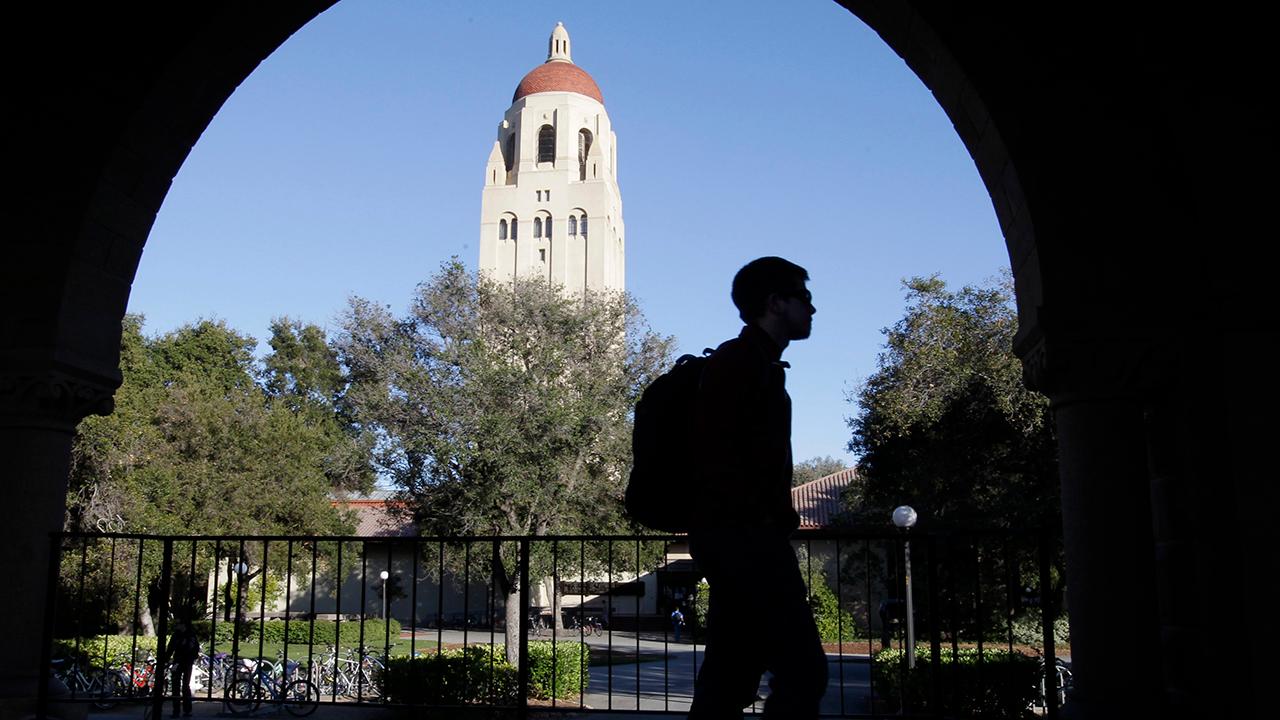Student loan debt: Impact on borrowers' economic, job prospects
Student loan debt is a growing problem in the U.S. – and some research shows it may have consequences on both the personal lives of borrowers, as well as the overall health of the American economy.
Mounting debt levels can negatively impact burdened borrowers’ financial decisions and economic prospects.
As previously reported by FOX Business, data from researchers at the Federal Reserve Board Division of Research & Statistics found that a $1,000 increase in student loan debt can cause a 1 to 2 percentage point drop in the homeownership rate for borrowers during their late 20s and early 30s. The homeownership rate among young Americans fell nine percentage points between 2005 and 2014 – and rising student debt accounted for about one-fifth of the overall decline during that time period.
Homeownership is often considered an important tool for wealth generation.
According to research from Mark Kantrowitz, vice president of research at Saving for College, higher debt loads can cause borrowers to delay major financial decisions – including not only making a home purchase – but also getting married and having children.
When student debt obligations are greater than annual income after college, people are twice as likely to delay those decisions.
Meanwhile, people with higher debt burdens were much more likely to take a job outside their career field when compared with people with no debt, Kantrowitz noted. They were also more likely to take a job instead of continuing their education and to report working more than they wanted to.
For people who are delinquent on payments, credit scores can also be affected. That can impact the chances of landing federal, state and local government jobs, as noted by Student Loan Hero. But some private sector jobs also run credit checks on potential employees.
Student loan delinquencies surpassed $166 billion in the third and fourth quarters of 2018.
Federal Reserve Chair Jerome Powell has also said the issue could impact a borrower’s economic viability – and potentially drag down overall growth in the broader economy.
Kantrowitz also noted that more than 40 percent of people who earned a bachelor’s degree have high or very high stress from education-related debt.
Outstanding student loan debt has surpassed $1.5 trillion, second only to mortgage debt. The average borrower has nearly $40,000 in student loan debt.
CLICK HERE TO GET THE FOX BUSINESS APP
Meanwhile, tuition and fees for the 2018-2019 school year averaged $35,830 at four-year private, nonprofit institutions, according to data from The College Board. At public four-year in-state institutions, the average was $10,230 – and $26,290 at public, four-year out-of-state colleges.
The issue is generating an increasing amount of attention on Capitol Hill, and lawmakers are proposing solutions that include everything from “canceling” student loan debt for millions to spotlighting more work-study programs and apprenticeships.




















